Issue: Whether, to move beyond mythologies developed out of primitive experiences of the past or the present, only one of the three paths ("Eastern identity mysticism," "personal understanding of God," or "Western scientific enlightenment") provides us with fully satisfying results in decision-making, whereas the other two ultimately lead to dead ends?
What do you think?
Thanks for participating.
John
Update:
Of the 20+ responses received, no one stated affirmatively that only one of the three paths leads to satisfying results in change management. In fact, hardly anyone seemed to address the question head on. Perhaps this was because of the types of objections made to the issue. Here is my summary of the responses, followed by my own take and replies.
(1) One anonymous responder suggests that all paths are essentially the same, which is similar to David's observation that truth is everywhere. (2) While Elaine suggests that truth, like beauty, is in the eye of the beholder, (3) Tim, in consistent form, jokes about the issue. Jan suggests that ultimately the problem is a problem with language; (4) Andrea simply denies "Truth" as an absolute. Srikanth suggests that we must become truth, while (5) James proposes that there is one truth, but many paths. Dorina suggests that the correct path is a proper combination of brain and feelings, while Phil suggests rather that truth is a point in space. (6) Another anonymous respondent says truth is ultimately a matter of belief, while Femke suggests that we can believe anything. (7) Ray simply denies objectivity, while Melissa warns us against pretending to define paths. Ellen appears to rely on Jung's modern approaches to the issue, while (8) JP proposes that all paths can be taken, not excluding any. (9) Robb raises the problem of contradiction, (10) while Kevin suggests it's a matter of reframing the issue. (11) Norman reminds us of the Zen koan dealing with the blind men and the elephant. (12) Robert believes in one truth to be sought, but denies our human ability to find it in this life.
My takes and replies on this issue:
(1) All paths have similarities but are not the same. While truth can be found everywhere, it can also be found via reversing the reflection of false approaches.
(2) While I agree with Elaine that truth, like beauty, is "in the eye of the beholder," I do not agree that it starts or stops there with the eye of the beholder. Common sense tells is What we see is not always what we get.
(3) Tim's humor always contains a bit of truth; in this case, he comes closer than he's willing to admit. While I grant we all have problems with the limits of language. I find commonsense communication works.
(4) For example, Andrea's simple, but firm, denial of Truth as an absolute is in itself a paradoxical statement. It seems quite Absolute, don't you agree? I agree with Srikanth's advice to become truth.
(5) James's proposal that there is one truth, but many paths to it. Seeking the truth is a journey in change management; but in this issue the paths suggested are grouped into three large types. Dorina's brains and feelings combination reminds us not to reduce truth to material things. Phil's "point in space" truth reminds us that truth may be a one-dimensional and thus undetectable by normal scientific methods that rely on multi-dimensional approaches. For myself, I see truth in relationships, not as objects individuated by matter and the space/time continuum.
(6) While some say truth is ultimately a matter of belief and that we can believe anything, as if beleiving it makes it so, I do not place unrealistic reliance on knowledge, nor dismiss believing in my daily life. Credibility of witnesses in the courthouse are based in part on the witnesses truthfulness under oath. Each of us would solemnly swear or affirm if put on the stand that we will tell the truth, the whole truth, and nothing but the truth (so help us God). Why would we want to expect less of a standard of credibility un change management.
(7) Simply to deny objectivity leaves truth in the hands of subjectivity. Our day-to-day conduct of our affairs makes this impractical, Pretending to define a path to truth is admittedly dangerous, but discovering one that is already there is completely different. While I appreciate Jung's contributions in such respects to modern approaches to the issue, I fear the overemphasis on Self and self has undermined our equilibrium.
(8) While all of the paths can be taken, I do not see them being taken at the same time. Why?
(9) Because the problem of non-contradiction is critically important for purposes of clear communication. This principle of logic is not to be dismissed lightly. The consequences are considerable.
(10) Reframing the issue may help in some cases, but evetually we have to sink or swim.
(11) While blind men may not recognize the elephant, someone who isn't blind knows that the object in question is not a unicorn imagined by each; not a blob of material without its own source of internal movement; but rather an animated animal.
(12) The one truth we all seek, deep down, may be beyond our human ability to find in this life (e.g. "true home"), relying on our own resources. Primitive experiences in the past and in the present do yield mythologies.
To go beyond these myths, to enter into the mysteries of life, we explore the paths before us with as much commonsense as possible.
What have you experienced during your explorations and what are you willing to share?
for people who want to make better decisions
MOVIES FOR DECISION-MAKERS
Below are the cover images of movies for decision-makers, with clues to better decision-making.
Romero: the significant decision
"I know men and I tell you that Jesus Christ is no mere man. Between Him and every other person in the world there is no possible term of comparison. Alexander, Caesar, Charlemagne, and I have founded empires. But on what did we rest the creation of our genius? Upon force. Jesus Christ founded His empire upon love; and at this hour millions of men would die for Him."
--Napoleon
Decision-making: like climbing ...

a spiral staircase...one step at a time.
John Darrouzet
Special Counsel for Decision-Makers
Links
Followers
Subscribe To
********************* Advertising Disclaimer *********************
NOTE WELL:
Allowing the placement of the ads set out below should not be interpreted to constitute an endorsement or recommendation in any way by Special Counsel for Decision-Making or John Darrouzet of the content or programs referred to therein by the advertisers.
*****************************************************************************************************************************************
Allowing the placement of the ads set out below should not be interpreted to constitute an endorsement or recommendation in any way by Special Counsel for Decision-Making or John Darrouzet of the content or programs referred to therein by the advertisers.
*****************************************************************************************************************************************
*************************** Legal Notice **************************
Decision-Maker's Path (tm) trademark by, and blog content copyright © 2008, John Darrouzet. All rights reserved.
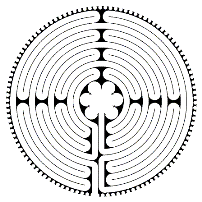



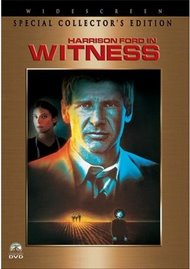
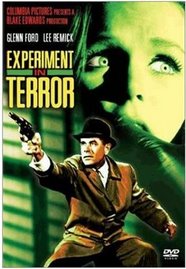


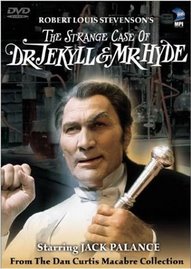





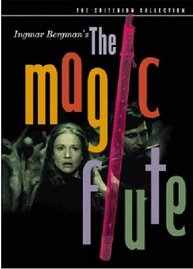
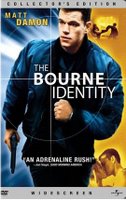
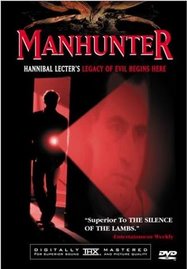



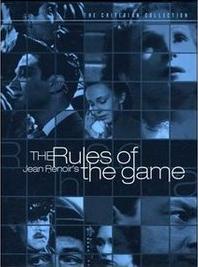
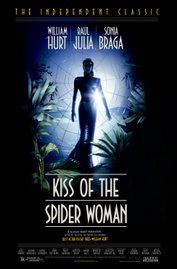
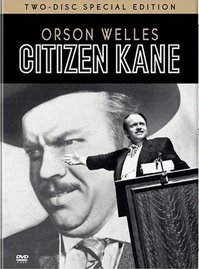


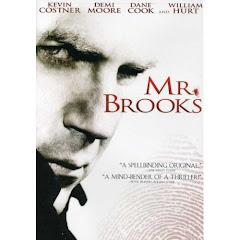




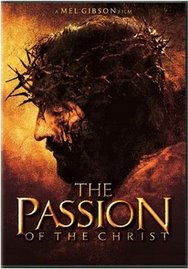





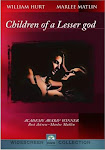
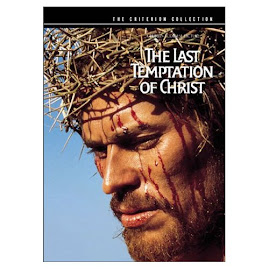
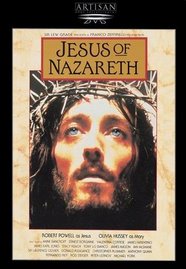




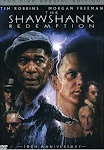





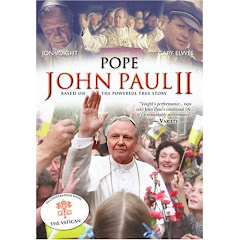
No comments:
Post a Comment